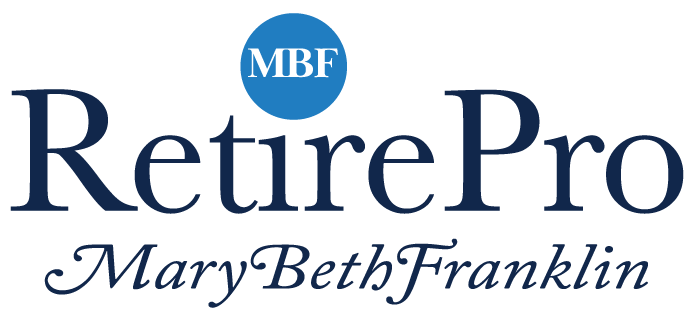Retirement represents a significant life change, swapping regular work routines for more flexible leisure time. Some people can’t wait to say adios to the 9-to-5 grind. Others worry that they won’t know who they are once their job title disappears. Whether you are excited or anxious about your next chapter, there are some key facts and dates you should know about claiming Social Security benefits, enrolling in Medicare, and tapping your retirement savings.
Age 55: Normally, if you take a withdrawal from your retirement savings before age 59 ½, distributions are subject to income taxes plus a 10% early-withdrawal penalty. But if you leave your job at age 55 or older, you can tap your savings in your 401(k) or similar tax-deferred employer retirement plan penalty-free. Distributions will still be taxed. This 55-and-out early withdrawal option applies only to employer-based retirement plans. It does not apply to Individual Retirement Accounts (IRAs).
Age 59 ½: The earliest age you can take penalty-free withdrawals from your tax-deferred IRA or tax-deferred employer-based retirement savings plan—even if you are still working. Distributions are fully taxable at your ordinary income tax rate. Withdrawals from Roth IRAs and Roth 401(k)s are tax-free and have no required minimum distribution age.
Age 60: Earliest age to claim reduced Social Security survivor benefits. Survivor benefits are worth 71.5% of a deceased spouse’s full benefit amount if the surviving spouse claims benefits at age 60 vs. 100% if the surviving spouse waits until his or her full retirement age to claim benefits. In some cases, eligible divorced spouses may be able to claim survivor benefits when an ex-spouse dies.
Age 62: Earliest age to claim reduced Social Security retirement or spousal benefits. Claiming retirement benefits at the earliest age of 62 would cut benefits by 25% for those with a full retirement age of 66 and by 30% for those with a full retirement age of 67. Benefits can be reduced even more if you claim any Social Security benefit before your full retirement age while you continue to work and earn more than $21,240 in 2023.
Age 65: Enroll in Medicare during your seven-month initial enrollment period that begins three months before your 65th birthday, includes your birthday month, and continues for three months after your 65th birthday. If you miss your initial enrollment period, you could face lifelong delayed enrollment penalties when you do enroll in Medicare. There is one key exception: You can delay enrolling in Medicare and avoid any delayed enrollment penalties if you have group health insurance coverage through your current employer or your spouse’s current employer.
Age 66-67: The age when you can claim full retirement benefits ranges from 66 for people born from 1943 through 1954 to 67 for individuals born in 1960 or later.
Age 70: Age when you can claim maximum Social Security retirement benefits. Benefits grow by 8% per year for every year you postpone claiming them beyond your full retirement age up to age 70. These valuable delayed retirement credits end at 70 so don’t delay claiming beyond then.
Age 70 ½: Individual retirement account owners aged 70½ and older can direct up to $100,000 a year directly from their IRA to a charity through a Qualified Charitable Distribution (QCD) with no income tax consequences. While the QCD doesn’t qualify for a charitable deduction, the excluded income could reduce an individual’s overall tax liability and possibly reduce or avoid future Medicare high-income surcharges. QCDs can be used to satisfy annual distribution requirements from IRAs.
Age 73: Beginning in 2023, IRA owners must begin annual Required Minimum Distributions (RMD) from their IRAS and employer-based retirement accounts. That’s an increase from the previous RMD minimum age of 72. You must take your initial RMD by April 1st of the year after your turn 73 and by December 31st of each year thereafter. But if you delay your first RMD until April 1, you will have to take a second withdrawal by December 31st of that same year, boosting your taxable income for the year. If you don’t withdraw the required amount each year, you will be subject to a 25% tax penalty on the amount you failed to withdraw. Previously, the tax penalty was 50%. Roth IRAs and Roth 401(k)s are not subject to minimum withdrawal rules.
Exception for Older Workers: If you continue to work beyond age 73, you can delay withdrawals from your tax-deferred 401(k) or 403(b) plan from your current employer (if your plan allows it), but you must still take the required minimum distributions from your IRA.









